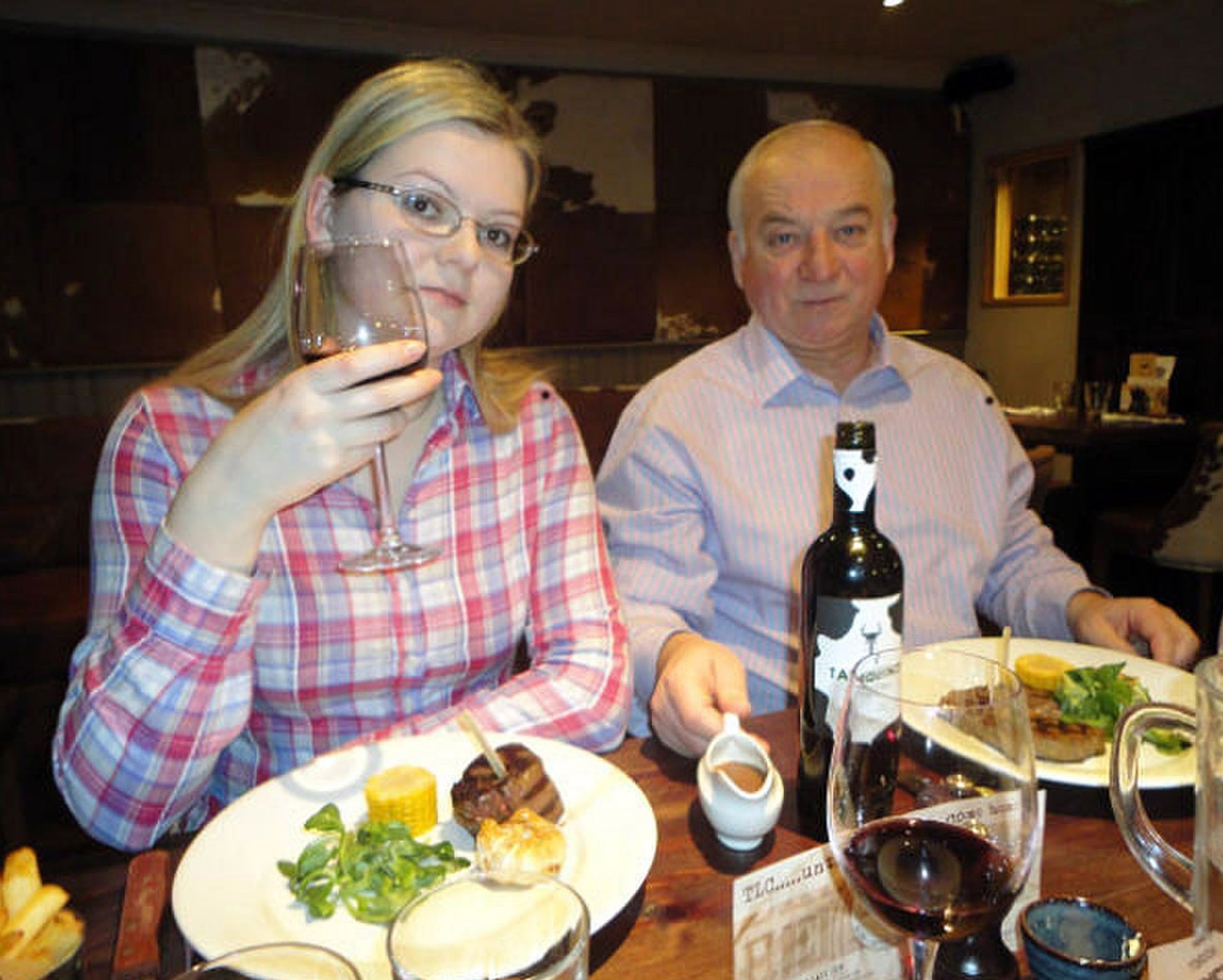Salisbury incident: Government 'set to ask Moscow to extradite two Russians suspected of nerve agent attack'
Request likely to reignite bitter diplomatic row between London and the Kremlin

The government is reportedly set to ask Moscow to extradite two Russians suspected of carrying out the Salisbury nerve agent attack.
The Crown Prosecution Service (CPS) was poised to file an extradition request after preparing papers, according to reports.
It will likely reignite the bitter diplomatic row between London and the Kremlin, despite the request facing almost certain rejection by the Russian authorities.
Former Russian spy Sergei Skripal and his daughter Yulia were poisoned by novichok in March. They were found unconscious on a bench outside a Salisbury shopping centre.
Two more people – Dawn Sturgess and Charlie Rowley – were subsequently treated for exposure to the nerve agent after Ms Sturgess reportedly picked up a discarded perfume bottle thought to have contained the agent.
Mr Rowley, like the Skripals, recovered from the attack but his partner later died.
In a statement posted on Monday, the Russian embassy in London said it had not received “any official appeals in this regard”.
“Moreover, we have to state again that there have been no less than 100 of this kind of leak, referring to unnamed sources, since the incident in Salisbury. Therefore, you should not rely on this information,” it added.

Neither London’s Metropolitan Police, which has been leading the investigation into the attack, nor the CPS, were prepared to discuss the report.
The Home Office said that, as a matter of longstanding policy and practice, the UK would neither confirm nor deny an extradition request had been made or received until such time as an arrest has been made in relation to that request.
The report comes after it was disclosed last month that investigators believed they had identified the suspected perpetrators of the attack and were sure they were Russian.
A source with knowledge of the inquiry said they had been identified through cross-checking CCTV footage with records of people entering the country around the time of the attack.
The government has been consistent in pointing the finger of blame at Moscow for the poisoning using novichok – a military grade nerve agent developed by the former Soviet Union.
In 2007, President Vladimir Putin rejected an extradition request for two Russians suspected of the assassination of the former FSB officer Alexander Litvinenko in London using radioactive polonium.
The newspaper quoted a Whitehall source as saying: “The CPS has been asked to prepare extradition requests and we understand they are ready to go.
“This is Litvinenko all over again. It’s almost a rerun of the situation. The police have managed to identify the people coming over and going back again.”
Additional reporting by PA
Join our commenting forum
Join thought-provoking conversations, follow other Independent readers and see their replies
Comments
Bookmark popover
Removed from bookmarks